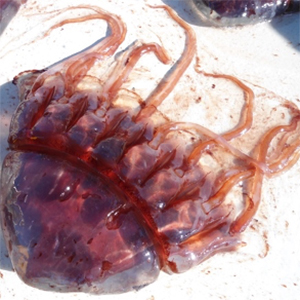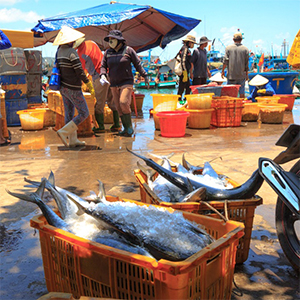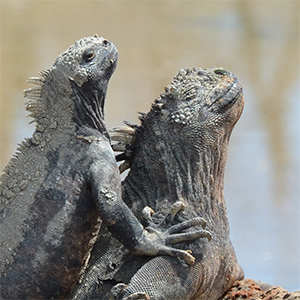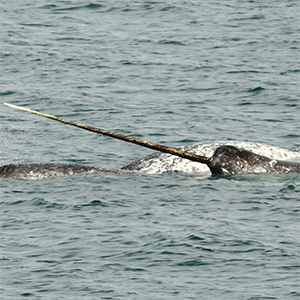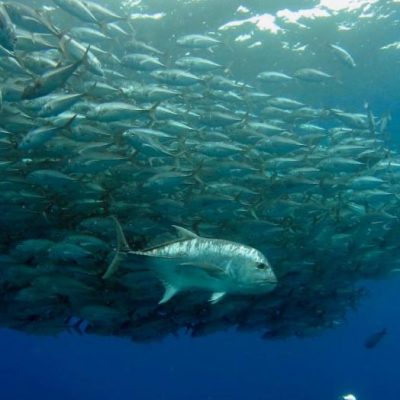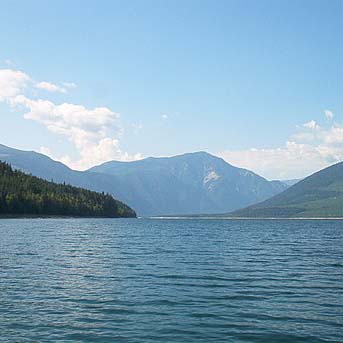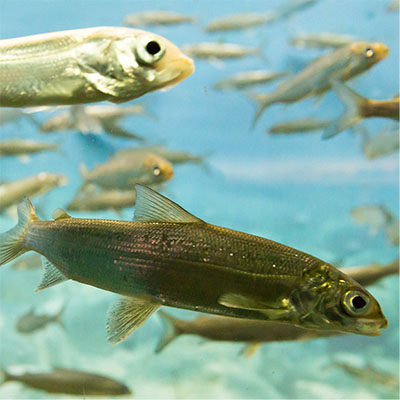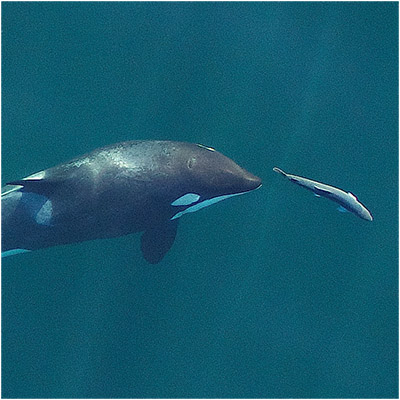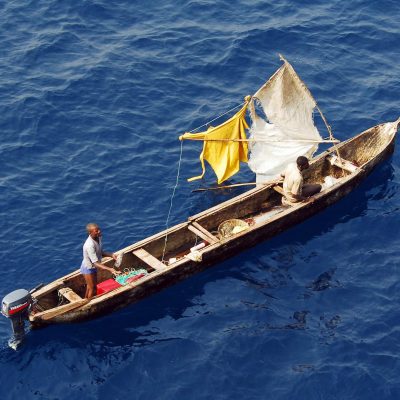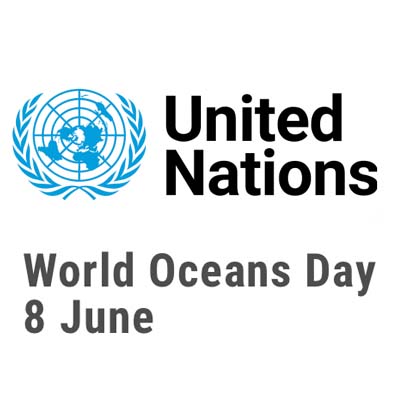Jellyfish and gelatinous zooplankton need to be a part of climate change conversations
On World Jellyfish Day, UBC researcher Florian Lüskow, who focuses on freshwater jellyfish says that existing models often poorly include, and heavily oversimplify, these gelatinous organisms.
New Working Paper: A rich analysis of the economic, social and environmental effects of harmful fisheries at the ecosystem level
The effects of harmful fisheries subsidies in three marine ecosystems, chosen for their importance in terms of food security, size and diversity; and three different management scenarios are examined.
Nature, society, and culture should be taken into consideration when dealing with climate change
The Nature Futures Framework (NFF) can include Indigenous stakeholders, local expertise, and different knowledge systems in conversation efforts.
As sea ice retreats, narwhals are changing their migration patterns
Climate change and loss of sea ice is creating stressors for these animals, and they are adapting to a new life in the Arctic.
Global fish stocks can’t rebuild if nothing done to halt climate change and overfishing, new study suggests
“We are at a turning point. What we need is a coordinated global effort to develop practical and equitable marine conservation measures to support effective biomass rebuilding under climate change,” said Dr. William Cheung
5 things you can do to help BC’s marine ecosystems
In the face of declining fish stocks like sockeye salmon, marine heatwaves and massive coastal die-offs, it can sometimes feel as though protecting our ocean ecosystems is a hopeless task. But there are things we can do.
Unrelated theories coincide on link between respiratory stress and fish reproduction
A physiological explanation and an evolutionary explanation related to the moment fish become sexually active – and spawn for the first time – have turned out to be two sides of the same coin
Southern resident killer whales not getting enough to eat since 2018
The animals have been in an energy deficit, averaged across spring, summer and fall, for six of the last 40 years.
UBC-led team to find out how to feed the world while protecting nature with new grant
An international team led by UBC researchers will study five case studies across five continents to model a range of solutions to an urgent question: how can we feed everyone on Earth, and those to come, sustainably?
World Oceans Week 2022 – Dr. Nicola Smith
Dr. Nicola Smith is bringing together knowledge creators from diverse groups across Canada to uncover the true scale of greenhouse gas emissions created by Canada’s ocean industries, and ways to best offset these emissions.
